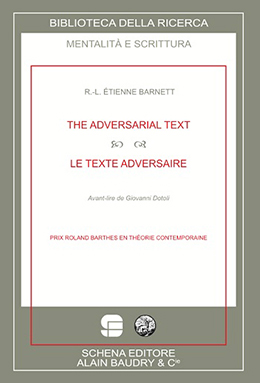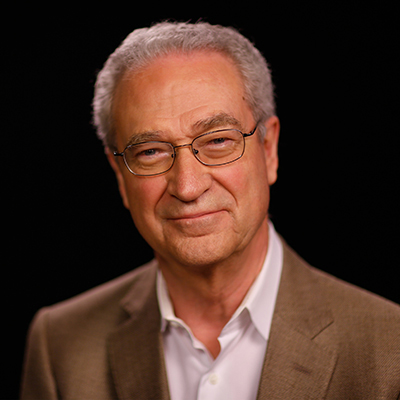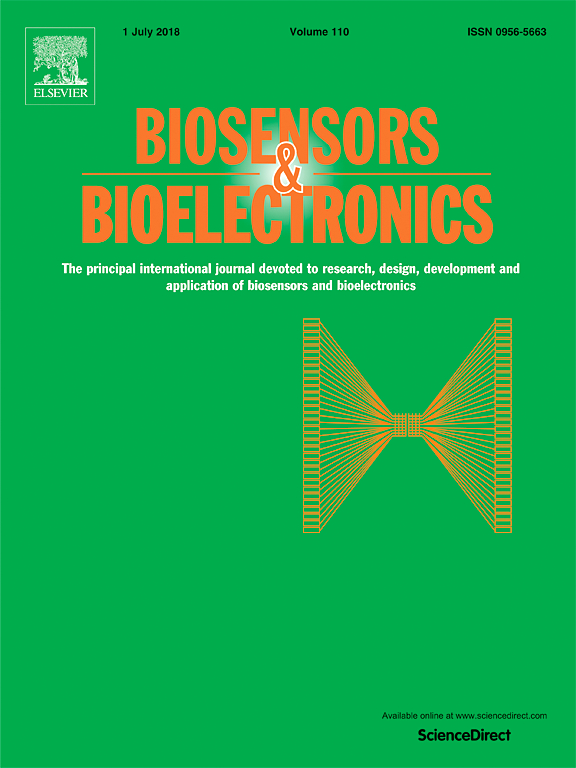
Yes, you read that headline right.
In a new preprint posted to bioRxiv, image sleuths scanned hundreds of papers published over a seven-year period in Molecular and Cellular Biology (MCB), published by the American Society for Microbiology (ASM). The researchers — Arturo Casadevall of Johns Hopkins University, Elisabeth Bik of uBiome, Ferric Fang of the University of Washington (also on the board of directors of our parent non-profit organization), Roger Davis of the University of Massachusetts (and former MCB editor), and Amy Kullas, ASM’s publication ethics manager — found 59 potentially problematic papers, of which five were retracted. Extrapolating from these findings and those of another paper that scanned duplication rates, the researchers propose that tens of thousands of papers might need to be purged from the literature. That 35,000 figure is double the amount of retractions we’ve tallied so far in our database, which goes back to the 1970s. We spoke with the authors about their findings — and how to prevent bad images from getting published in the first place.
Retraction Watch: You found 59 potential instances of inappropriate duplication — how did you define this, and validate that the images were problematic?
Continue reading 35,000 papers may need to be retracted for image doctoring, says new paper
 A mysterious lit and film critic who built a significant portion of his career using the words of other scholars instead of writing his own appears to be attempting a second act.
A mysterious lit and film critic who built a significant portion of his career using the words of other scholars instead of writing his own appears to be attempting a second act. 
 A leading orthodontics journal has retracted 12 papers after determining that they contained either reused images, questionable data or both. Several of the articles involved experiments conducted in dogs — and one person familiar with the case told us that the duplication was an attempt to avoid sacrificing more animals than necessary for the research.
A leading orthodontics journal has retracted 12 papers after determining that they contained either reused images, questionable data or both. Several of the articles involved experiments conducted in dogs — and one person familiar with the case told us that the duplication was an attempt to avoid sacrificing more animals than necessary for the research.  Even when a paper is obviously flawed, it
Even when a paper is obviously flawed, it  In 2015, a group of researchers based in Spain decided to write a review article on high blood pressure. But when they looked over eight articles co-authored by the same person, they noticed some undeniable similarities.
In 2015, a group of researchers based in Spain decided to write a review article on high blood pressure. But when they looked over eight articles co-authored by the same person, they noticed some undeniable similarities. 

